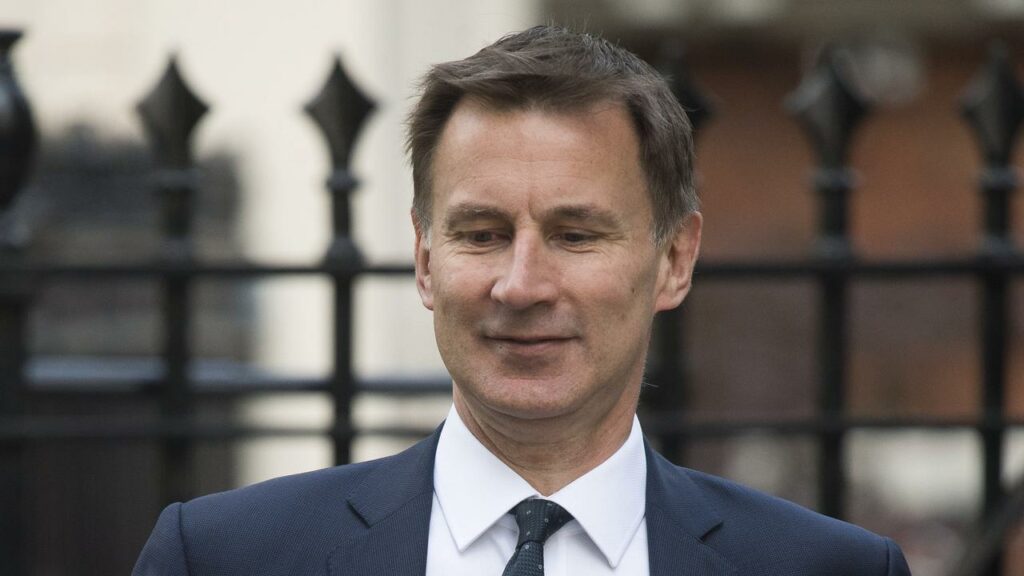UK PM sacks Kwarteng, company tax to rise
|

UK Prime Minister Liz Truss has fired her finance minister Kwasi Kwarteng and scrapped parts of their economic package in a desperate bid to stay in power and survive the market and political turmoil gripping the country.
With financial markets in turmoil, a chastened Truss said she accepted her government’s plans for unfunded tax cuts had gone “further and faster” than investors were expecting.
“I have acted decisively today because my priority is ensuring our country’s economic stability,” she told a brief news conference in Downing Street.
“I want to be honest, this is difficult. But we will get through this storm.”
The pound and British government bond prices tumbled after she spoke, with economists and investors saying her reversal of 20 billion pounds ($A36 billion) of tax cuts was not yet enough to restore calm.
The United Kingdom is engulfed in a political crisis akin to the industrial battles of the 1970s, the sterling crash of the early 1990s and the chaos that followed Brexit.
Since it voted to leave the European Union in 2016 it has lost three prime ministers and its reputation as a predictable member of the global economic order.
“This marks the first time in decades – since at least the ’90s – that the financial markets have forced the government of a big developed economy with its own central bank to capitulate on core fiscal ambitions,” analysts at consultancy Evercore said.
Earlier Truss fired her finance minister and close friend, Kwarteng, after he rushed back to London overnight from IMF meetings in Washington DC where the UK’s chaotic recent management of its economy was a focal point.
To replace him, she appointed Jeremy Hunt, a former foreign and health secretary who had backed her rival Rishi Sunak in the northern hemisphere summer’s race to become Conservative Party leader.
He is the fourth finance minister in as many months in the UK, where millions are facing a cost of living crisis.
Kwarteng becomes the UK’s shortest serving finance minister except for a predecessor who died suddenly in office in 1970.
“You have asked me to stand aside as your Chancellor. I have accepted,” he wrote in his resignation letter to Truss.
The prime minister’s own position is now in jeopardy.
She won the Conservative Party leadership last month by promising vast tax cuts and deregulation that she said would shock the economy out of years of stagnant growth.
Kwarteng’s September 23 fiscal announcement aimed to deliver that vision.
But the backlash from markets was so ferocious that the Bank of England had to intervene to prevent pension funds being caught up in the chaos as borrowing and mortgage costs surged.
Yields on the long-dated bonds which bore the brunt of the market turmoil are now within less than half a percentage point of the 20-year highs they struck on Wednesday.
Compounding the market pressures, polls show support for the Conservative Party has collapsed, fuelling panic in the UK’s dominant political party and a hunt to find a way to force Truss out of office.
“She’s toast,” one party MP said.
Having triggered the market rout, Truss runs the risk of bringing the government down if she cannot find a package of public spending cuts and tax rises that will appease investors and get through a vote in parliament.
Hunt will deliver a new budget plan on October 31, giving him two weeks to come up with a solution.
Christopher Chope, a veteran Conservative MP and Truss supporter, said the party was now a laughing stock.
“I thought she was made of sterner stuff,” he told Times Radio.
Reuters